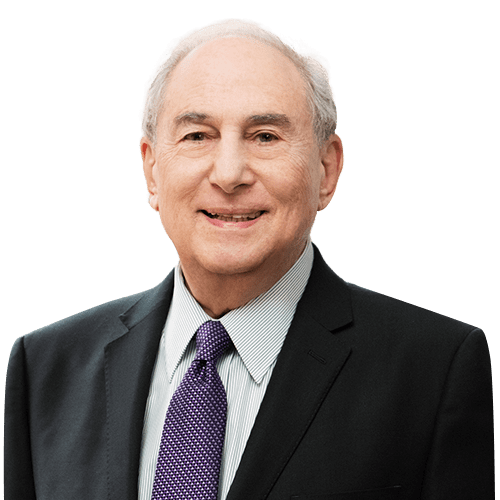SEC Lightens Legal Load of Mutual Fund Directors
This no-action position supersedes a 2010 staff letter requiring directors themselves to determine that board procedures had been met to qualify for exemption from bans on fund acquisition of securities during an affiliate’s underwriting; purchase or sale transactions between a fund and certain affiliates; and a fund affiliate’s receipt of compensation for a purchase or sale of securities with a fund.
The staff’s new position gave increased weight to the SEC’s 2003 adoption of Rule 38a-1 “to enhance the effectiveness of a fund’s compliance program by, among other things, assigning the responsibility for the administration of the program to the CCO.” The staff explained that, in adopting the rule, the Commission “expressed a view that the proper role of the board with respect to compliance matters is to oversee the fund’s compliance program without becoming involved in the day-to-day administration of the program.”
Dalia Blass, director of the SEC’s Division of Investment Management, said that the 2010 staff position “require[d] compliance reviews that are duplicative of work that fund CCOs are already doing” and “rather than adding a helpful additional layer of oversight, this duplication is competing for board time with more efficient lines of inquiry.”
Director Blass noted that the change in staff position resulted from her division’s ongoing “Board Outreach Initiative,” where the staff has “an opportunity to meet and engage in an informative dialogue with a number of fund boards and independent directors.”

